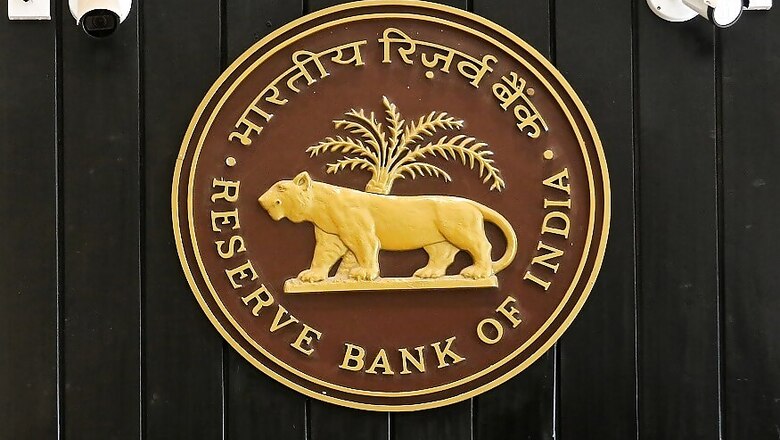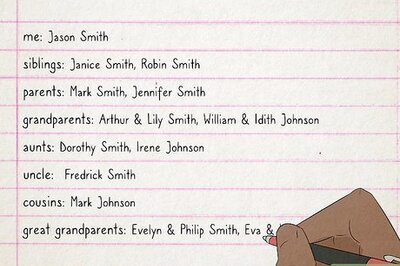
views
Mumbai: Headline inflation is bound to rise further to 5 per cent for November, but despite the pinch in price rise, the Reserve Bank will go for two consecutive rate cuts on growth concerns, a report said on Thursday.
The consumer price inflation fastened to 4.62 per cent for October in official data released on Wednesday, resulting in concerns over RBI's rate stance, given that the central bank is mandated to keep the number at 4 per cent.
GDP growth plummeted to a six-year low of 5 per cent for the June quarter and is expected to come lower for the September quarter and some analysts are also expecting it to slip below the 5 per cent for FY20.
Analysts at foreign brokerage Bank of America Merrill Lynch said the RBI will cut rates by 0.25 per cent in December, and follow it up with a 0.15 per cent in February.
It can be noted that house economists at SBI have warned against rate cuts to push up growth flagging the risk of "financial instability" that it can cause. The higher inflation will be driven by base effects or lower inflation in the year-ago period when the same number had dipped to 2.2 per cent, and some pressure on onion prices, they said in a note.
It said the "fundamental drivers of inflation remain weak" which have resulted in the non-food and non-fuel core inflation getting limited to 3.3 per cent in October as against September's 3.7 per cent. On the growth front, it said the dampness will continue for at least one more quarter and estimated growth by gross value added basis to slip to 4.7 per cent in September from 4.9 per cent in June.
Additionally, agflation will also be in check going forward on well-stocked rivers which should water a bumper winter sowing and the minimum support price hikes are also small, it said.
Despite a 0.5 per cent expected slippage in fiscal deficit to 3.8 per cent, which fuels inflations, the number is still lower than the medium term average of 4.5 per cent, it said.
"Should fiscal policy not be counter-cyclical in a slowdown as sharp as this? Yes, funding the 0.8 per cent of GDP corporate tax rate cut will likely need additional direct or indirect monetisation," it said.


















Comments
0 comment